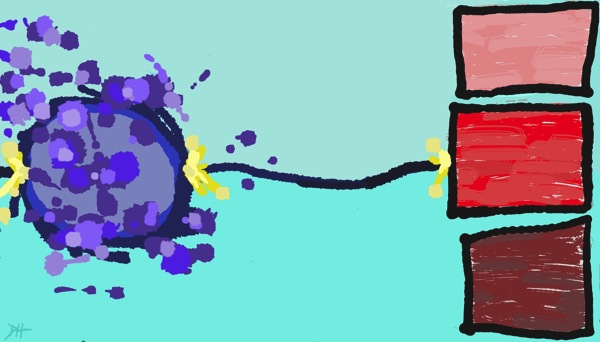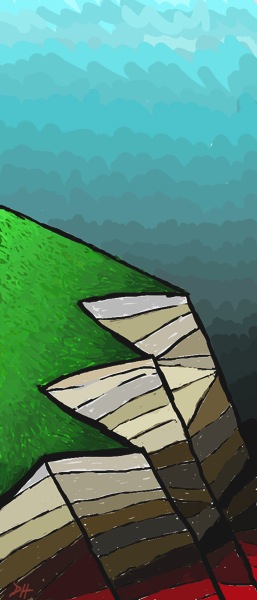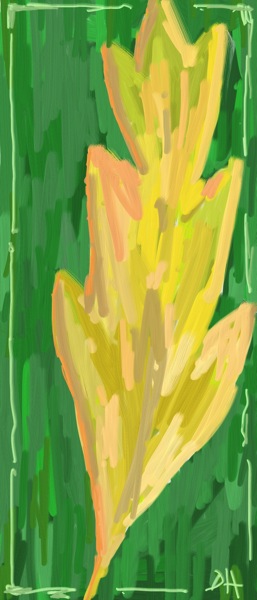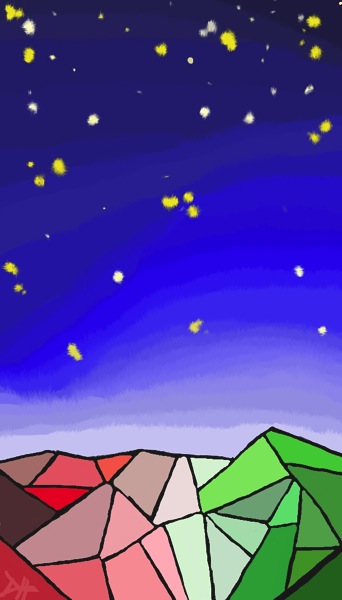
I’ll Get By
Lend me your ears, and I’ll sing you a tune.
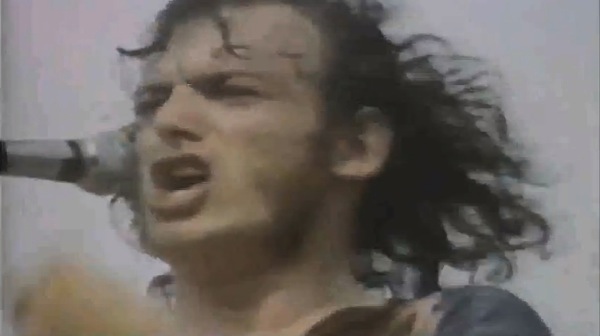
RIP Joe Cocker.
The Face of American Exceptionalism
I’d do it again in a minute.

Monterey Oak
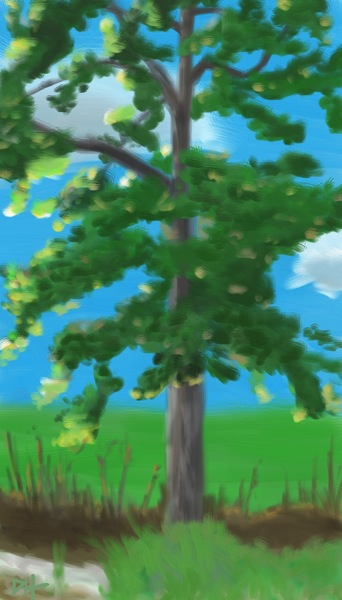
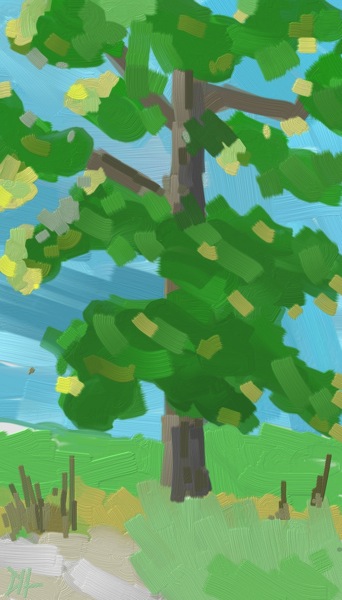
It was a beautiful day.
Although the wind was windy, the sun was warm, and the sky was blue. In the afternoon, the leaves of the Monterey Oak glowed in the slanting rays of the lowering sun.
An amateur brush such as this can’t hope to render the tree as it stands outside the window. But than it can paint out the street and the garbage cans along the curb. And it can paint a two-fer … um … of sorts.
I am thankful this weekend for the fair and industrious Trudy. And for my mother who travelled great distances to visit. And I am thankful for a son who is … well … somewhere not sure where, but who did visit for a few hours on Thanksgiving Day. (I envy his ability to stay incommunicado for such long periods of time, I really do. … No, what am I saying … I don’t.) And I am thankful for my father far to the north who undoubtedly has the same complaints about his son as I do about mine.
Ok, and so that’s karma. No sooner do I write that whine and the prodigal son calls. “Are you up for a visit?” he asks in a chipper voice. So he’s on the way. And I am so busted, because now it’s only my father who has grounds for whining.
Leaf Again
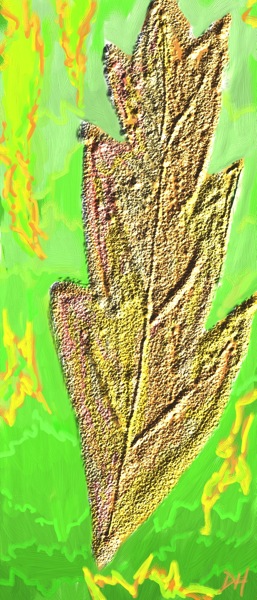
Because methinks one can never have too many leafez.
(Your mileage may vary.)
Rosy Glasses
1.
Manny stopped by my desk on his way out of the building. It was Friday. Not many people were left.
“I remember the interview,” he said. Manny told me that he had wondered if the guy was for real. “Could anyone really be that chipper, that optimistic, energetic? He talked non-stop!”
I was tempted to confess being on the other end of the spectrum. But then, he surely knows that.
Eeyore comes to mind, perhaps? My mother called me loose lip. Let’s just say that I lost my rosy glasses.
2.
I’m sitting in the study on a dark and rainy night. The fair and industrious Trudy is far away. It’s very quiet here.
iTunes helps. Bob Schneider, The World Exploded into Love. Bryan Ferry, Love is the Drug. And now there’s another Bob Schneider song. And Mr. Guinness is staring around the corner, alternately sitting and standing wagging his tail. And Miss Izzy is curled up cozy in her bed.
I take out a pen and scribble a little something. Some green. Scribble. Some yellow. Scrabble. Some more green. A little orange. A crooked line around the periphery. Some initials. And… Send!
Within minutes an email hits my in box.
Like! says Trudy.
Wink! I reply.
And oh look, I think I have found those rosy glasses.
© jumpingfish by David Hasan is licensed under a Creative Commons Attribution-NonCommercial-ShareAlike 4.0 International License
